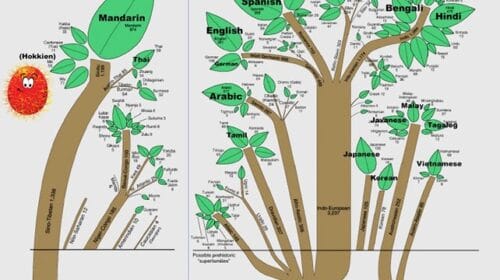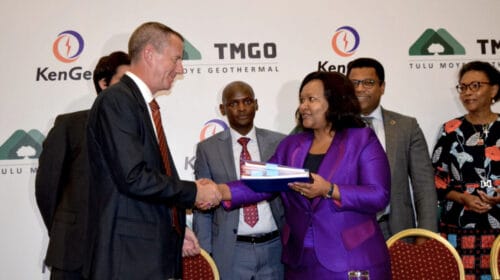Malawi:UN and EU to promote ‘climate-smart’ agriculture
The €5.3 million project announced today seeks to make changes in farming systems that will help improve their contribution to the fight against hunger and poverty, render them more resilient to climate change, reduce emissions, and increase agriculture’s potential to capture and sequester atmospheric carbon.
“We need to start putting climate-smart agriculture into practice, working closely with farmers and their communities,” FAO Assistant Director-General for the Economic and Social Development Department, Hafez Ghanem, stated in a news release.
“But there are no one-size-fits-all solutions – better climate-smart farming practices need to respond to different local conditions, to geography, weather and the natural resource base.”
Agriculture is highly vulnerable to the impacts of climate change, while at the same time, it is a significant producer of greenhouse gases, thus contributing to global warming.
Mr. Ghanem noted that the project will look closely at the three countries and identify challenges and opportunities for climate-smart agriculture and produce strategic plans tailored to the specific situation of each one.
“While not all solutions identified will be universally applicable, we can learn a lot about how countries could take similar steps and begin shifting to this approach to agriculture,” he stated.
In collaboration with local and international organizations, the three-year project will identify country-specific opportunities for expansion of existing climate-smart practices or implementation of new ones.
It will also study the constraints that need to be overcome to promote wider adoption of climate-smart agriculture, including investment costs, among other aims.
By tackling the urgent need to incorporate climate change concerns into agricultural development planning, this new project represents a concrete step forward, said Mr. Ghanem.
“The problems of climate change are increasingly being felt on the ground, and thus early actions to address the problem are needed, even as international negotiations continue in the search for a global climate agreement.”



